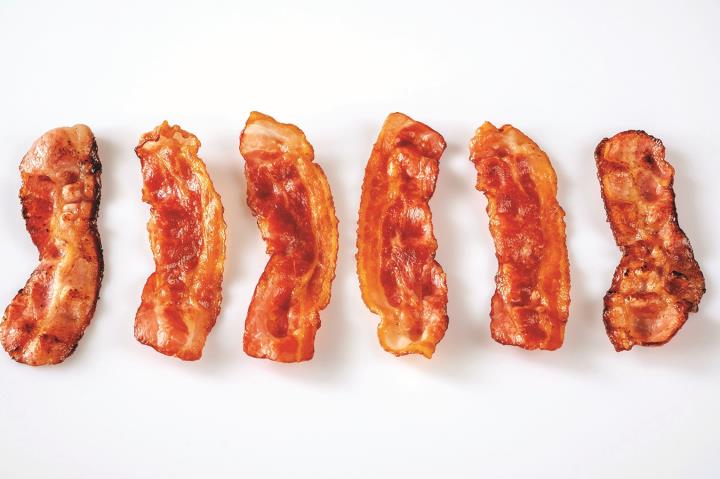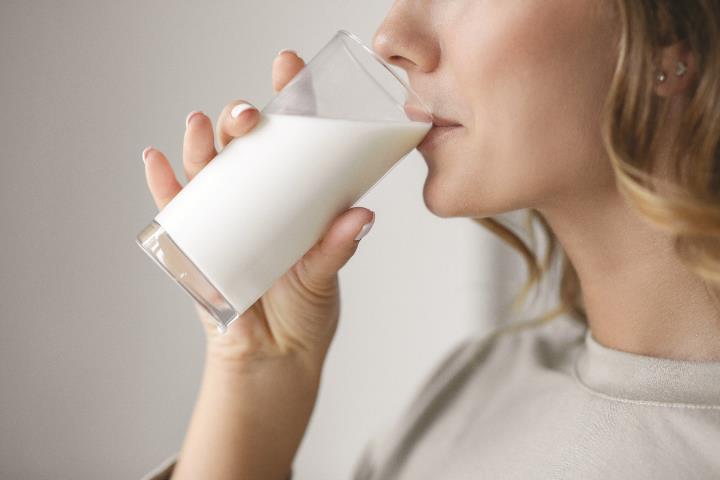Jan 30, 2025

A new report raises questions about the link between fluoride in drinking water and lower IQ levels in children. A study published in JAMA Pediatrics reviewed 74 studies exploring this link and found a significant association between higher fluoride exposure and lower children’s IQ scores. According to Kyla Taylor, author of the study and a health scientist at the National Institute of Environmental Health Studies, “the more fluoride a child is exposed to, the more likely that child’s IQ will be lower.”
The researchers did not suggest removing fluoride from drinking water. Most of the 74 studies reviewed were low-quality and conducted in countries with higher fluoride levels than the U.S. Dentists worry these findings could harm public health, noting that areas without fluoride have seen increased dental decay. Major health groups, including the CDC and the American Dental Association, support fluoride use in water.
Popular Foods That Can Compromise Heart Health
February is National Heart Health Month, a perfect time to focus on cutting out foods that can increase your risk for cardiovascular diseases. Here are a few foods that might be delicious but have a reputation for compromising heart health:

- Bacon: High in cholesterol and saturated fat, bacon is a no-go for heart-healthy diets. A single slice of uncooked bacon typically contains 110 calories.

- Red Meat: Red meat is high in saturated fat, though the content varies depending on the cut and type. Grass-fed beef contains less saturated fat than grain-fed, and lean cuts like sirloin are better choices.

- Baked Goods: Cookies, cakes, and muffins can elevate triglyceride levels, which can lead to hypertriglyceridemia, harming the heart and blood vessels.

- Processed Meats: Foods like sausage, hot dogs, and deli meats are high in salt and saturated fat. A 2021 study in The American Journal of Clinical Nutrition found that consuming over five ounces of processed meat per week increases cardiovascular disease risk by 46%.
- Sweet Potatoes: A Real Spud
Sweet potatoes pack a nutritional punch year-round. One cup of baked sweet potatoes provides 213% of the recommended daily value of vitamin A, promoting a healthy immune system. They are also high in vitamin C, offering 44% of the daily intake per cup, which supports a strong immune system and lowers the risk of diseases like heart disease and cancer. Sweet potatoes contain both soluble and insoluble fiber, promoting gut health by remaining in the digestive tract.FDA Bans Red Dye No. 3 in the US
The US Food and Drug Administration has banned the use of red dye No. 3 in food, beverages, and ingested drugs due to cancer links found in animals. Known chemically as erythrosine, this synthetic color additive is used to give products a bright cherry-red color. Some companies use red dye No. 40 as an alternative, but California banned it in public schools due to behavioral concerns in children.
The ban follows a petition by advocacy groups like the Center for Science in the Public Interest and the Environmental Working Group, citing cancer links. The FDA's decision mirrors California's October 2023 ban. Manufacturers using red No. 3 have until January 2027 (food) and January 2028 (ingested drugs) to reformulate their products.
Glass of Milk a Day Cuts Bowel Cancer Risk
A UK study found that consuming more calcium, equivalent to a glass of milk a day, reduces bowel cancer risk. Calcium may protect against bowel cancer by binding to bile acids and free fatty acids in the colon, lowering their carcinogenic effects.
Researchers analyzed the diets of over half a million women for 16 years, finding that calcium-rich foods like bread, dark leafy greens, and non-dairy milks also had a protective effect. High alcohol and processed meat consumption, however, increased the risk. The study, from Oxford University and Cancer Research UK, reported that an additional 300mg of calcium daily lowers risk by 17%, while more alcohol and processed meat raise the risk by 15% and 8%, respectively.
Dr. Lisa Wilde from Bowel Cancer UK highlights that half of bowel cancers could be prevented with healthier lifestyles. Non-dairy calcium sources like broccoli or tofu can also reduce risk.
To learn more about this research and the benefits of calcium, visit https://www.bbc.com/news/articles/cj90m4errlgo








